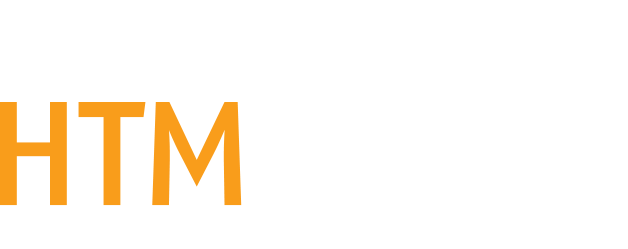 By Kathleen Furore
By Kathleen Furore
Will you fit in with the culture of the company you’re interviewing with? That has been a topic of conversation for quite some time, but as COVID-19 upended the workplace and brought remote work to the forefront, the definition of “culture fit” has been upended too.
How has the new work-from-home situation (which is likely to continue in some fashion) changed what companies are looking for when they’re considering if an applicant will be a good “culture fit”? And how can prospective employees be prepared to demonstrate they’re a good fit during an interview?
According to the 2020 Employer Branding Study from Hinge Research Institute, those questions are important to answer considering how important culture is to employees and employers alike.
“Having a strong company culture is absolutely essential for both evaluating talent and attracting new talent,” says the study. “Cultural fit” is just as important as compensation for 57% of job seekers, and it’s the top criteria for 75% of recruiters, who place it above work history and experience when hiring, the data shows.
Anthony Rodio, CEO YourMechanic.com, agrees about the important role culture plays, but he says his definition of what a “culture fit” means during the era of remote work has changed.
“When teams all sat in an office together, it was important for people to be able to get along. We used to apply the airplane ride test to new hires: ‘Could I sit and get along with this person for a four-hour plane ride?’ “ Rodio explains. “In the new era of working from home, the definition of ‘culture fit’ comes down to whether or not an employee is a self-starter.”
So, what does Rodio look for now that managers don’t have the luxury of meeting team members in person on a regular basis?
“It’s more important than ever to hire people who are motivated and are comfortable with ambiguity,” he says. “Workers need to have an owner-like mindset, intellectual horsepower, leadership, self-awareness and accountability. Part of the onus is on leaders to foster an environment where employees are comfortable asking questions, but it’s also important to screen for people who are able to ask for help.”
What does that mean for prospective employees? What kind of questions should someone interviewing for a position be prepared to answer?
Rodio says he screens for a problem-solving mindset by asking candidates to describe a time that they stepped up in a situation in which their teammates weren’t pulling their own weight.
“I also ask them to describe a time they failed and what they would have done differently … you can also have workers describe their ideal work culture to get a sense of whether or not independence is something the candidate values,” he adds. “The answers to those questions will tell you a lot about the candidate’s self-awareness, proactivity and independence.”
Asking “lots of questions” of the prospective employer during an interview is also key – and Rodio says one of the most important questions is, “What will success look like during the first 100 days on the job?”
“The answer to that,” he says, “will not only give workers a more granular sense of the employer’s expectations, but also signal a motivated, proactive mindset to the employer.”
Kathleen Furore is a Chicago-based writer and editor who has covered personal finance and other business-related topics for a variety of trade and consumer publications. You can email her your career questions at kfurore@yahoo.com.
How To Counteroffer Your Salary After Receiving a Job Offer
If the role you want offers something other than what you expected from it during the negotiations, then it’s reasonable to present a counteroffer.
Job Hopping: When It Makes Sense And How To Do It Tactfully
The job market has changed, with job seekers having access to more options than ever before.
4 Ways to Follow Up After a Job Interview
What’s the best way to follow up after a job interview?
6 Tips On Staying Motivated and Productive for the New Year
We hope these tips are helpful in helping you stay motivated and productive in the new year.
14 Ways to Stay Focused at Work Through the Holidays
There are so many competing demands and expectations during the holidays that it is very easy to get overwhelmed and even burn out.
Keeping Employees Engaged
What if I told you that only about 32 percent of U.S. workers claimed to be engaged in their work? Would you be surprised?
Ex-Google recruiter shares the No. 1 thing to do after applying for a job: ‘Everyone fails’ at it
Tthere is one more step that comes after applying which “everyone fails on,” says Nolan Church, former Google and DoorDash recruiter and the current CEO of Continuum, a talent marketplace for executives.
Summer Vacation Is Officially Over. How To Ease Back Into Work
Allowing time for reflection and planning can help avoid the back-to-work blues.
6 Success Tips for Young Professionals
While there’s no secret formula to becoming successful in the workplace, there are steps you can take and skills you can build during the early stages of your career that can help you move toward your long-term goals.
Tips for Deciding Whether to Apply for a Job
How can you tell whether you should apply for a job—or not? Busy job seekers often need to be
careful about which jobs to target.














